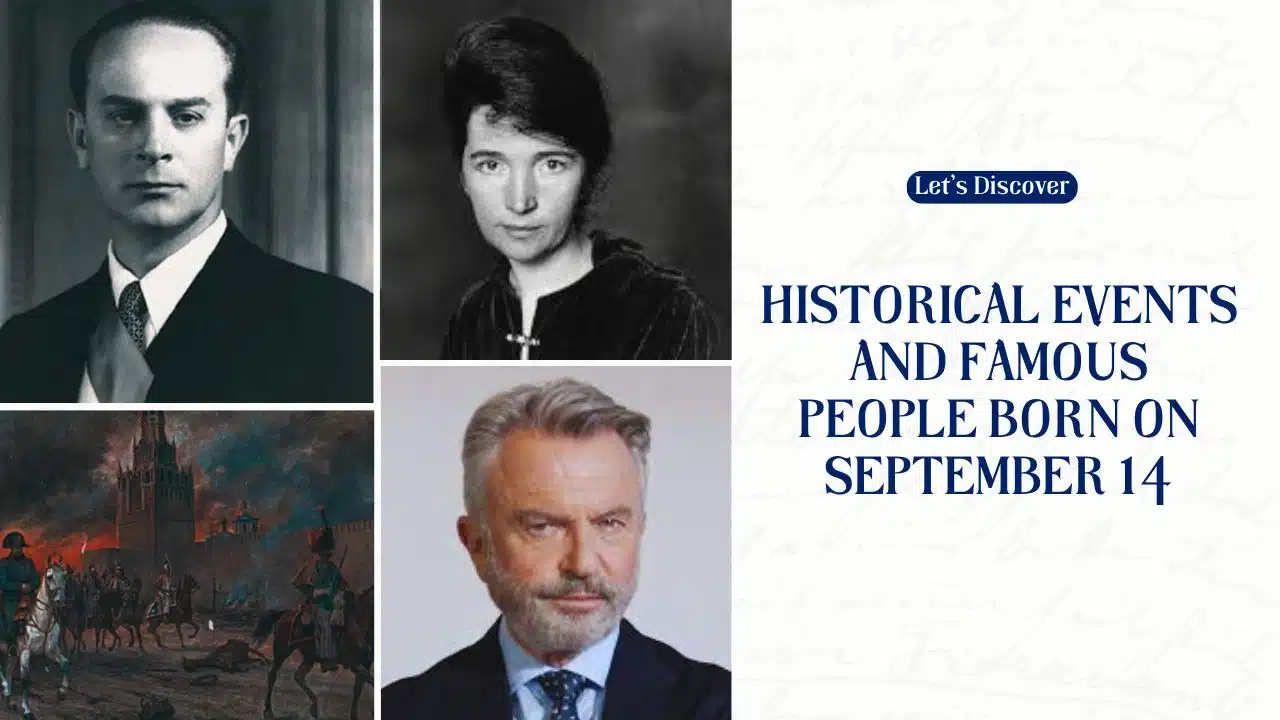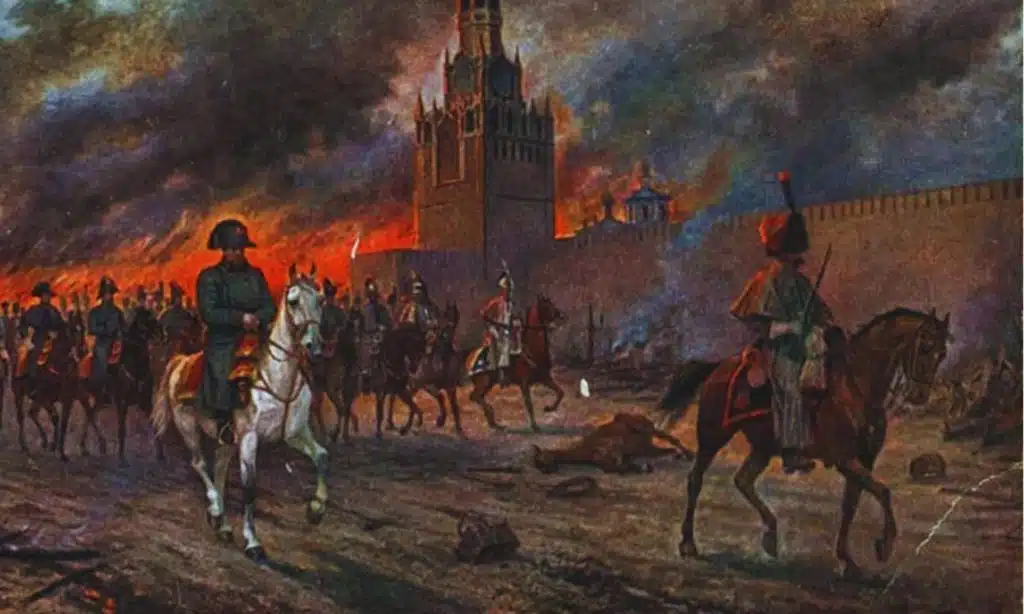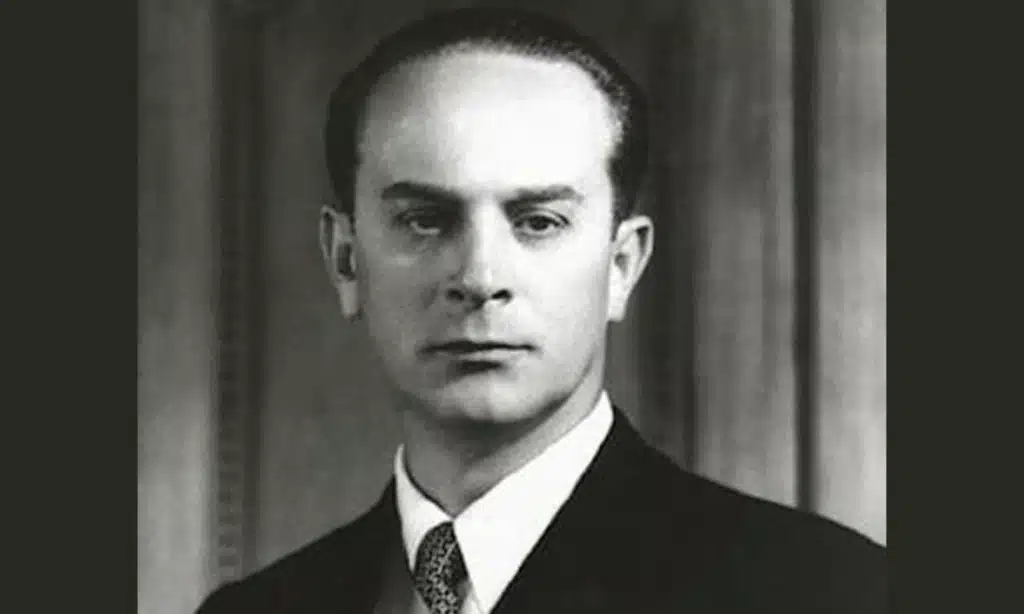September 14 is a day that has seen many important events in history. From big battles to the publishing of famous books, this day has shaped our world in many ways. It’s also the birthday of some very interesting people who have made a difference in science, politics, and entertainment.
In this article, we’ll look at five big events that happened on September 14 and five famous people born on this day. These stories will show us how one day can be connected to many different parts of history and human achievement.
Historical Events on September 14
A. Siege of ‘s-Hertogenbosch (1629)
On September 14, 1629, a long fight called the Siege of ‘s-Hertogenbosch ended. This happened during the Eighty Years’ War, when the Dutch were fighting for freedom from Spain.
The city of ‘s-Hertogenbosch was held by Spanish soldiers. Frederick Henry, the Prince of Orange and leader of the Dutch forces, had been trying to take the city for months. On this day, the Spanish finally gave up and surrendered.
This was a big win for Frederick Henry and the Dutch. ‘s-Hertogenbosch was a strong city that was hard to attack. By winning here, the Dutch showed they were getting stronger in their fight against Spain. This victory helped the Dutch in their long war for independence.
B. Great Fire of Moscow (1812)
On September 14, 1812, a huge fire started in Moscow, Russia. This happened during Napoleon’s invasion of Russia. As Napoleon and his army got close to Moscow, the Russians did something surprising – they set their own city on fire!
The Russians burned Moscow so Napoleon couldn’t use the city’s food and supplies for his army. The fire burned for five days and destroyed most of the city.
This fire was very bad for Napoleon. His army had no place to stay during the cold Russian winter. Without food and shelter, many of Napoleon’s soldiers died. This fire was one of the main reasons why Napoleon’s invasion of Russia failed. It showed how far the Russians would go to protect their country.
C. Publication of “Das Kapital” (1867)
On September 14, 1867, a German thinker named Karl Marx published a book called “Das Kapital” (which means “Capital” in English). This book talked about how money and businesses work in a system called capitalism.
In “Das Kapital,” Marx said that capitalism had big problems. He thought that rich factory owners made money by not paying workers enough. He said this would lead to workers becoming very unhappy and eventually fighting against the rich.
This book became very famous and important. Many people used Marx’s ideas to argue for workers’ rights. Some countries even tried to set up their governments based on Marx’s ideas. Even today, people still talk about and argue over the ideas in “Das Kapital.”
D. Inauguration of Theodore Roosevelt (1901)
On September 14, 1901, Theodore Roosevelt became the President of the United States. He took over after President William McKinley died. McKinley had been shot by a man who didn’t like the government.
Roosevelt was only 42 years old when he became president. This made him the youngest president in U.S. history. Before this, he had been the Vice President.
As president, Roosevelt did many important things. He worked to protect nature by setting up national parks. He also tried to make big businesses follow rules to be fair to workers and customers. Roosevelt was president until 1909 and is still remembered as one of the most energetic and active presidents in U.S. history.
E. Neutrality Act of 1937
On September 14, 1937, President Franklin D. Roosevelt signed a law called the Neutrality Act. This law said that American ships couldn’t carry weapons to China or Japan.
At this time, Japan was attacking China. Many countries were worried this could lead to a bigger war. By passing this law, Roosevelt was trying to keep America out of the fighting.
However, this law had some problems. It made it harder for China to defend itself against Japan. Later, when World War II started, America had to change this law so it could help countries fighting against Germany and Japan.
Famous Birthdays on September 14
A. Alexander von Humboldt (1769-1859)
Alexander von Humboldt was a German scientist and explorer born on September 14, 1769. He traveled to many parts of the world to study nature.
Humboldt wrote a big book called “Kosmos” that talked about everything he learned about the Earth and space. He discovered many new plants and studied how weather works. He also found out that the Earth has magnetic poles, like a giant magnet.
Humboldt’s work helped start new areas of science. He showed how different parts of nature work together, which led to the study of ecology. Many places are named after him, like the Humboldt Current in the Pacific Ocean.
Biography Table for Alexander von Humboldt:
| Date | Event |
|---|---|
| 1769 | Born in Berlin, Germany |
| 1799-1804 | Expedition to South America |
| 1804 | Returned to Europe as a famous scientist |
| 1829 | Expedition to Russia |
| 1845-1862 | Wrote and published “Kosmos” |
| 1859 | Died in Berlin, Germany |
B. Margaret Sanger (1879-1966)
Margaret Sanger was an American nurse born on September 14, 1879. She became famous for fighting for women’s rights, especially the right to use birth control.
Sanger saw that many women got sick or died from having too many babies or from unsafe abortions. She believed that women should be able to choose when to have children. She opened the first birth control clinic in America in 1916.
Sanger’s work was often against the law, and she got in trouble many times. But she kept fighting. Her work led to the invention of birth control pills and helped change laws about birth control. Today, many people see her as an important person in women’s health and rights.
Biography Table for Margaret Sanger:
| Date | Event |
|---|---|
| 1879 | Born in Corning, New York |
| 1912 | Started working as a nurse in New York City |
| 1914 | Started publishing “The Woman Rebel” magazine |
| 1916 | Opened first birth control clinic in the US |
| 1921 | Founded the American Birth Control League |
| 1966 | Died in Tucson, Arizona |
C. Jacobo Árbenz (1913-1971)
Jacobo Árbenz was born on September 14, 1913, in Guatemala. He became the President of Guatemala in 1951 and tried to make big changes to help poor people in his country.
Árbenz wanted to give land to poor farmers. This land belonged to big companies, including some from the United States. He also tried to make workers’ lives better and give more people the right to vote.
But the United States government didn’t like Árbenz’s plans. They were worried he might be friendly with communist countries. In 1954, the CIA (a part of the U.S. government) helped remove Árbenz from power. This event had a big impact on Guatemala and on relations between the U.S. and countries in Central America.
Biography Table for Jacobo Árbenz:
| Date | Event |
|---|---|
| 1913 | Born in Quetzaltenango, Guatemala |
| 1944 | Helped in revolution against Guatemalan dictator |
| 1951 | Elected President of Guatemala |
| 1952 | Started land reform program |
| 1954 | Overthrown in CIA-backed coup |
| 1971 | Died in Mexico City, Mexico |
D. Sam Neill (b. 1947)
Sam Neill is an actor born on September 14, 1947. Although he was born in Northern Ireland, he grew up in New Zealand and is often thought of as a New Zealand actor.
Neill has been in many famous movies and TV shows. His most famous role might be Dr. Alan Grant in the “Jurassic Park” movies. He has also been in serious movies like “The Piano” and TV shows like “Peaky Blinders.”
Besides acting, Neill also makes wine in New Zealand. He has won many awards for his acting and is known for being able to play many different types of roles.
Biography Table for Sam Neill:
| Date | Event |
|---|---|
| 1947 | Born in Omagh, Northern Ireland |
| 1977 | First major film role in “Sleeping Dogs” |
| 1993 | Starred in “Jurassic Park” |
| 1995 | Starred in “Event Horizon” |
| 2013 | Started role in “Peaky Blinders” |
| 2022 | Returned to “Jurassic Park” franchise |
E. Dmitry Medvedev (b. 1965)
Dmitry Medvedev is a Russian politician born on September 14, 1965. He has been one of the most powerful people in Russia for many years.
Medvedev became the President of Russia in 2008. He was president for four years. During this time, he worked closely with Vladimir Putin, who became Prime Minister. In 2012, Medvedev and Putin switched jobs – Putin became President again, and Medvedev became Prime Minister.
As a leader in Russia, Medvedev has been involved in many important decisions. He has tried to make Russia’s economy stronger and has dealt with issues like the war in Georgia. Today, he is still an important figure in Russian politics.
Biography Table for Dmitry Medvedev:
| Date | Event |
|---|---|
| 1965 | Born in Leningrad (now St. Petersburg), Russia |
| 1990 | Started working with Vladimir Putin |
| 2005 | Became First Deputy Prime Minister |
| 2008-2012 | Served as President of Russia |
| 2012-2020 | Served as Prime Minister of Russia |
| 2020 | Became Deputy Chairman of Security Council |
Takeaway
September 14 has been an important day in history for many reasons. We’ve seen how it was the date of a big Dutch victory, a fire that changed a war, and the publication of a book that influenced the whole world. It was also when a young U.S. president took office and when America tried to stay out of a war.
We’ve also learned about five very different people born on this day. Alexander von Humboldt explored the world and helped us understand nature better. Margaret Sanger fought for women’s health rights. Jacobo Árbenz tried to change his country but was stopped by outside forces. Sam Neill has entertained us in movies and TV shows. And Dmitry Medvedev has been a top leader in one of the world’s biggest countries.
All these events and people show us how one single day can be connected to so many parts of history. From wars to books, from science to movies, and from women’s rights to world politics, September 14 has a bit of everything. This reminds us that every day in history is full of interesting stories, if we take the time to look for them.
References:
- “The Eighty Years’ War.” Encyclopedia Britannica.
- “Napoleon’s Invasion of Russia.” History.com.
- “Karl Marx and Das Kapital.” Stanford Encyclopedia of Philosophy.
- “Theodore Roosevelt.” The White House Historical Association.
- “The Neutrality Acts, 1930s.” U.S. Department of State, Office of the Historian.
- Alexander von Humboldt.” National Geographic.
- “Margaret Sanger.” National Women’s History Museum.
- “Jacobo Árbenz.” Encyclopedia Britannica.
- “Sam Neill.” IMDb.
- “Dmitry Medvedev.” Russia.gov, Official Website of the Russian Government.







































